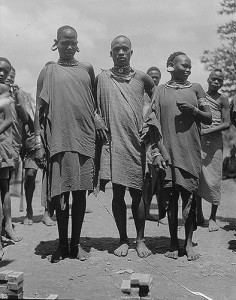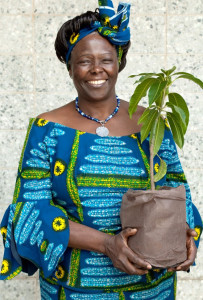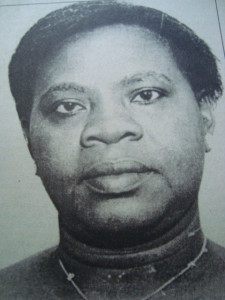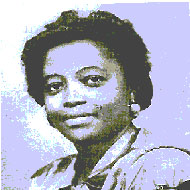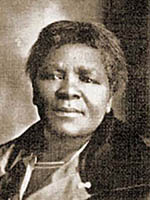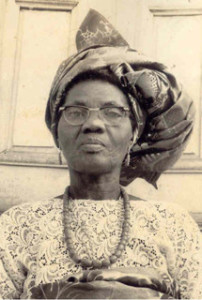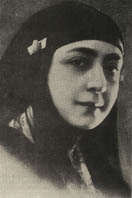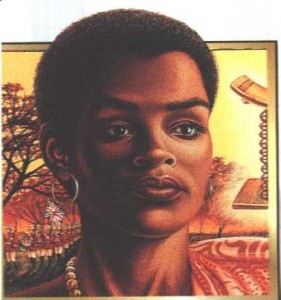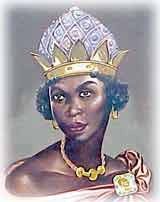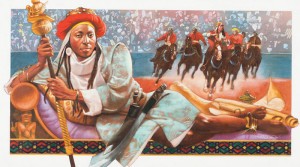There has been considerable scholarly focus on the nature of women’s participation in nationalist struggles. The importance of this focus is to recognise women’s political agency and not relegate women to supporting roles in what tend to be understood as men’s political struggles. The colonial literature has presented two caricatures of African women’s involvement in […]
Kikuyu Women in the ‘Thuku’ Revolt
